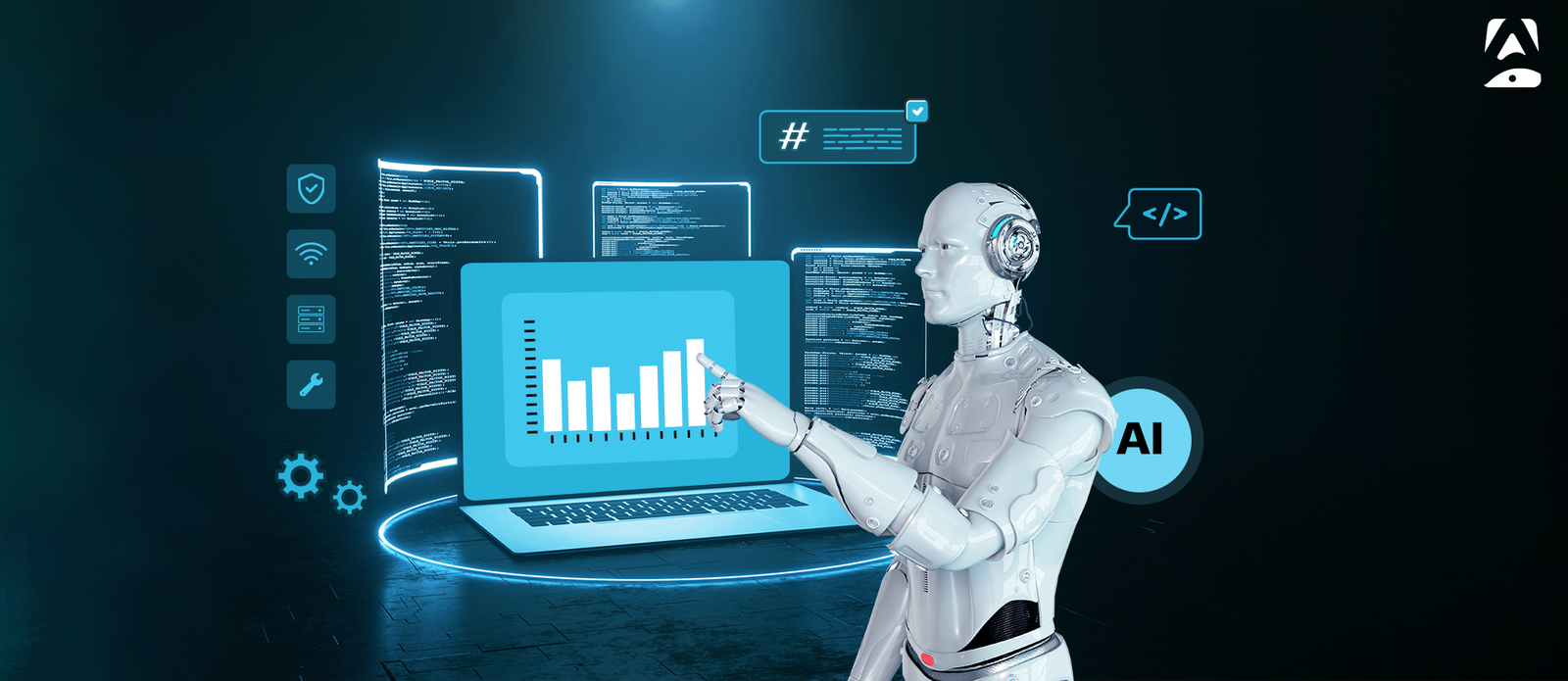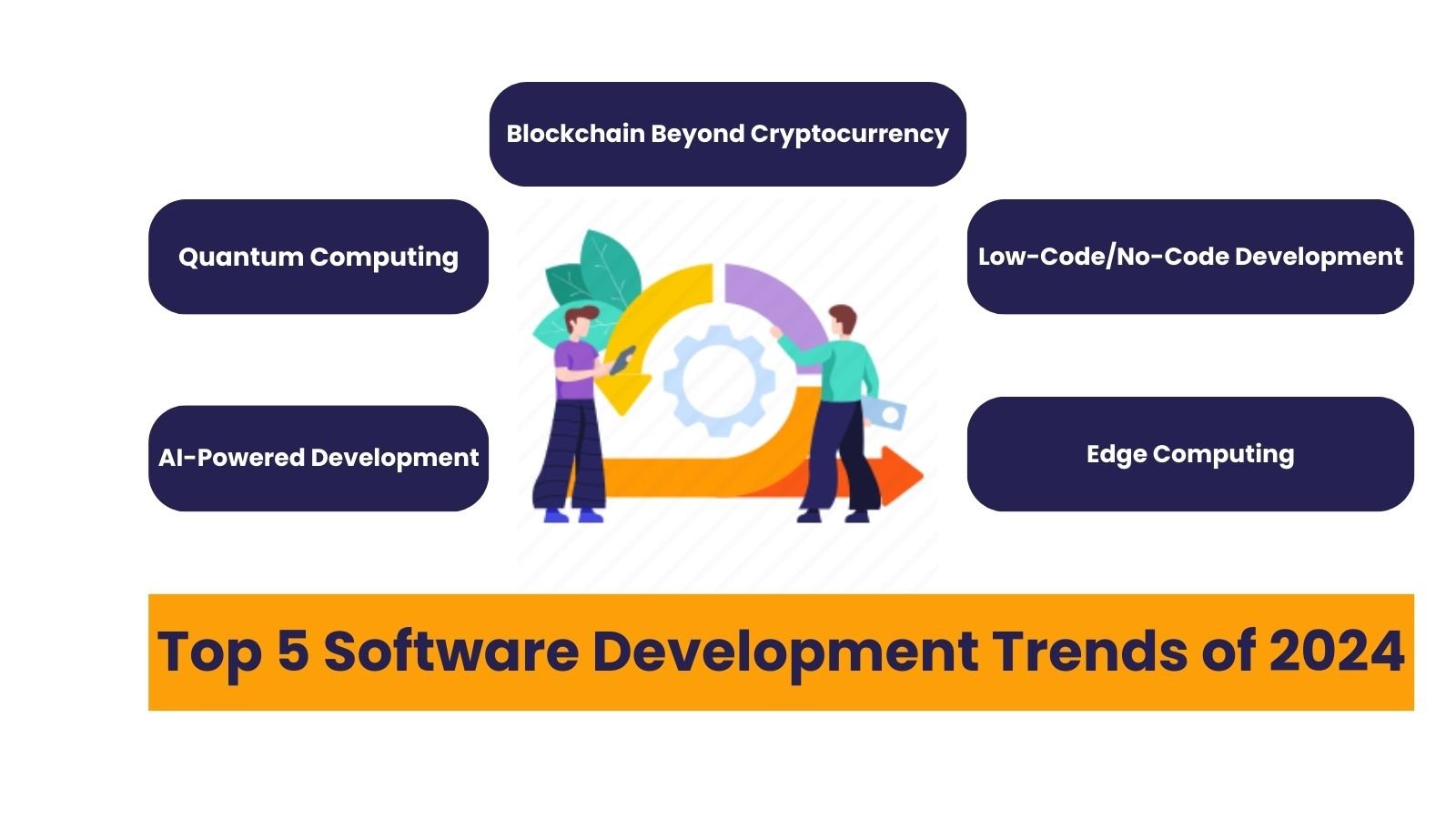Introduction:
In the ever-evolving landscape of technology, the transformative influence of AI on software development has become increasingly evident. As we step into 2024, the paradigm shift promised by AI is poised to reshape the world of developers and address the challenges posed by human errors in security breaches.
Addressing Human Error in Security Breaches:
The year 2023 witnessed a surge in security breaches attributed to human error, accounting for a staggering 74% of all incidents, as reported by Verizon’s Data Breach Investigations Report. To combat this, organizations turned to biometric hardware and identity verification. However, Ev Kontsevoy, CEO & co-founder at Teleport, emphasizes the necessity of moving towards fully secretless authentication in 2024 to secure vulnerable access points.
Predictions for Development and IT Security:
Kontsevoy forecasts significant changes in how software developers approach network security. The traditional IT-centric strategy with dedicated security teams will give way to a new approach where engineering teams take on the responsibility of choosing vendors and implementing security protocols. This shift will redefine the roles of cybersecurity teams, transforming them into consultants and auditors.
Rise of Low Code and Integration Practices:
Digibee anticipates three major shifts for developers in 2024. The popularity of low code is expected to surge, driven by the ongoing AI boom, enabling citizen developers to contribute to software development. Integration practices will reinforce better organizational design, while legacy systems will become obsolete. This aligns with the trend of AI assisting in analyzing vast data sets and reducing the burden of manual coding through low-code systems.
 AIOps Takes Center Stage:
AIOps Takes Center Stage:
Focus on Secure Software Supply Chain:
Chris Hughes, chief security advisor at Endor Labs, emphasizes the growing threat of software supply chain attacks in 2024. Malicious actors are increasingly targeting single key targets with downstream consumers, driving the need for themes like Secure-by-Design and software liability products. The debate around software liability continues, with platform providers striving for systemic changes to enhance overall security.
Meta’s Purple Llama and AI Safety:
Meta’s Purple Llama tool, introduced in late 2023, aims to empower developers and enhance safety in AI models and experiences. Nicole Carignan of Darktrace emphasizes the need for organizations to apply cybersecurity best practices to protect AI models throughout their lifecycle. The industry anticipates international collaboration to achieve global AI safety standards.
Meeting Regulatory Pressures:
Teleport’s Kontsevoy predicts an increase in regulatory pressure on software developers in 2024 due to the critical role software plays in controlling various aspects of the world. As Gartner forecasts an expansion of CISOs’ roles beyond cybersecurity, regulatory compliance is expected to be a major focus in the coming years.
Conclusion:
As we navigate through 2024, the impact of AI on software development is undeniable, bringing about changes in security practices, development methodologies, and the very nature of how developers approach their craft. Embracing these trends will not only enhance cybersecurity but also propel the industry forward into a new era of innovation and efficiency.
Read more:
 The evolution of AIOps has been swift, with an eye toward realizing the vision of a completely automated, lights-out Network Operations Center (NOC). The concept of a Dark NOC is gaining traction, envisioning a network center where AIOps is seamlessly embedded into broader operations, thereby enhancing network quality, supporting engineers, and modernizing infrastructures.
The evolution of AIOps has been swift, with an eye toward realizing the vision of a completely automated, lights-out Network Operations Center (NOC). The concept of a Dark NOC is gaining traction, envisioning a network center where AIOps is seamlessly embedded into broader operations, thereby enhancing network quality, supporting engineers, and modernizing infrastructures. The journey towards a Dark NOC is not without its challenges, and Ahmed acknowledges the need for substantial investments in upskilling, technological readiness, and collaborative efforts within the industry. As AIOps takes center stage, the symbiotic relationship between AI and human expertise emerges as a cornerstone for success, unlocking new frontiers in IT operations and propelling organizations into an era of unparalleled efficiency and innovation. In the unfolding narrative of 2024, AIOps stands as a beacon, guiding the IT industry towards a future where the convergence of artificial intelligence and human ingenuity reshapes the very fabric of IT operations.
The journey towards a Dark NOC is not without its challenges, and Ahmed acknowledges the need for substantial investments in upskilling, technological readiness, and collaborative efforts within the industry. As AIOps takes center stage, the symbiotic relationship between AI and human expertise emerges as a cornerstone for success, unlocking new frontiers in IT operations and propelling organizations into an era of unparalleled efficiency and innovation. In the unfolding narrative of 2024, AIOps stands as a beacon, guiding the IT industry towards a future where the convergence of artificial intelligence and human ingenuity reshapes the very fabric of IT operations.